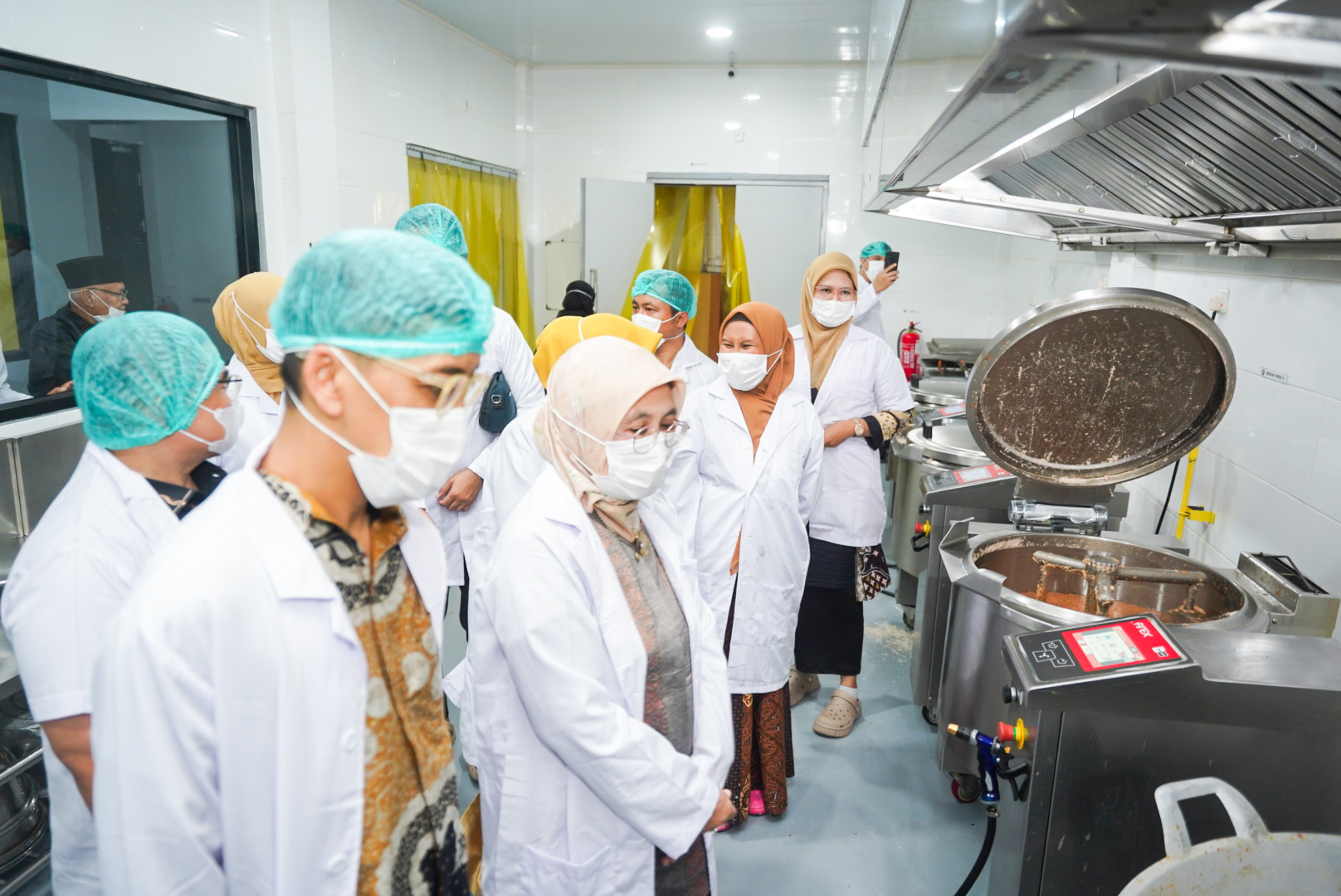Rendang, a traditional Indonesian dish, has become a product with vast economic potential, not only within Indonesia but also on the global stage.
As the popularity of rendang continues to grow, it plays an important role in driving both local and national economic growth.
However, to unlock its full potential, collaboration between the government, industry stakeholders, and local businesses is essential.
Payakumbuh’s Role in Promoting Rendang as a Global Culinary Icon
Payakumbuh, located in West Sumatra, has gained recognition as "The City of Rendang" due to its deep cultural connection with the dish.
The city has implemented strategic initiatives to promote rendang as a global culinary icon, focusing on both local consumption and international market access.
One significant effort includes providing rendang to Indonesian hajj pilgrims, which not only preserves cultural traditions but also opens new global market opportunities for rendang producers.
According to Reni Yanita, Director-General of Small, Medium, and Miscellaneous Industries at the Ministry of Industry, this initiative is an example of cultural diplomacy and a way to expand rendang’s presence worldwide.
The city’s development of the Rendang Gadih Production Facility highlights its commitment to the industry and the local economy.
Government Support and the “Indonesia Spice Up the World” Initiative
The Indonesian government is actively working to increase the global market share of Indonesian culinary products, including rendang, through the “Indonesia Spice Up the World” (ISUTW) initiative.
The program aims to increase exports of spices and processed foods to $2 billion, while also expanding the presence of Indonesian restaurants internationally.
Rendang, with its authentic use of spices, has been positioned as one of the flagship products in this effort.
Reni Yanita highlighted the potential of rendang to serve as an ambassador for Indonesian cuisine globally, with the ISUTW program playing a key role in enhancing its reach and visibility.
Challenges and Opportunities for Small and Medium Enterprises (SMEs) in the Rendang Sector
While the rendang industry offers significant growth potential, it faces several challenges that need to be addressed for long-term sustainability.
Key issues include the availability and cost of raw materials, maintaining consistent product quality, and ensuring compliance with international food safety standards.
To address these challenges, the Ministry of Industry has introduced various programs aimed at revitalizing industry centers, upgrading production equipment, and facilitating certifications such as HACCP and mandatory SNI standards.
These initiatives are designed to help SMEs navigate obstacles and ensure the continued growth and success of the rendang industry.
IKM Rendang Gadih: From Small-Scale to Modern Manufacturing
IKM Rendang Gadih, a leading rendang producer in Payakumbuh, illustrates the transformation of a small business into a modern, large-scale manufacturer.
The company, which produces rendang and ready-to-cook spice blends, has expanded its operations to produce up to 4 tons of rendang each month.
This growth has been supported by various government programs, including equipment restructuring, business mentoring, and certification facilitation.
The company’s transformation from a small-scale operation to a hygienic, modern manufacturing facility is a prime example of how SMEs in the rendang industry can scale effectively.
Supported by initiatives from the Ministry of Industry, IKM Rendang Gadih has earned multiple industry awards and has significantly broadened its distribution network, now reaching major cities such as Jakarta, Tangerang, and Pekanbaru.
PHOTO: KEMENPERIN
This article was created with AI assistance.
Read More






 Friday, 27-02-26
Friday, 27-02-26







